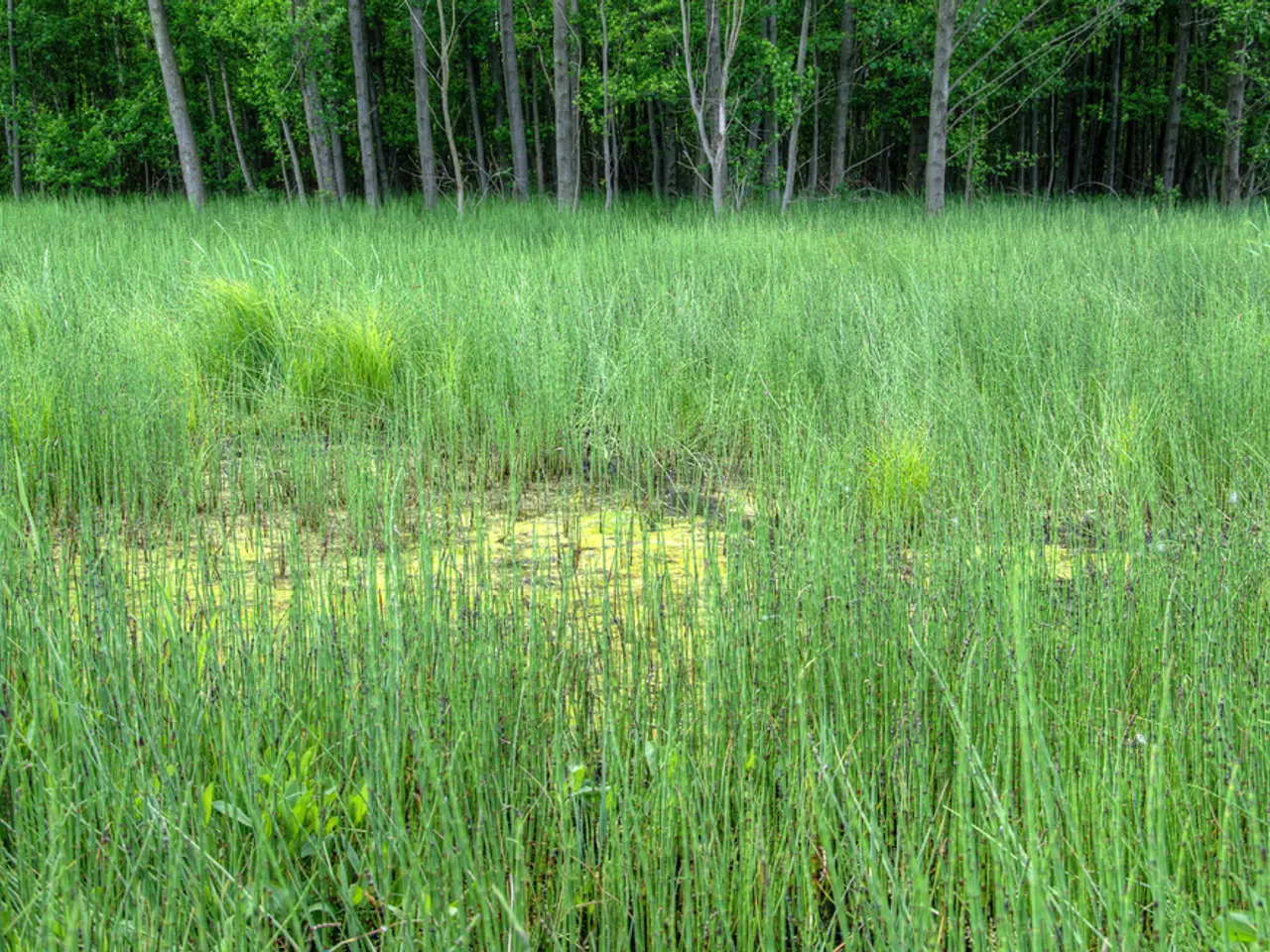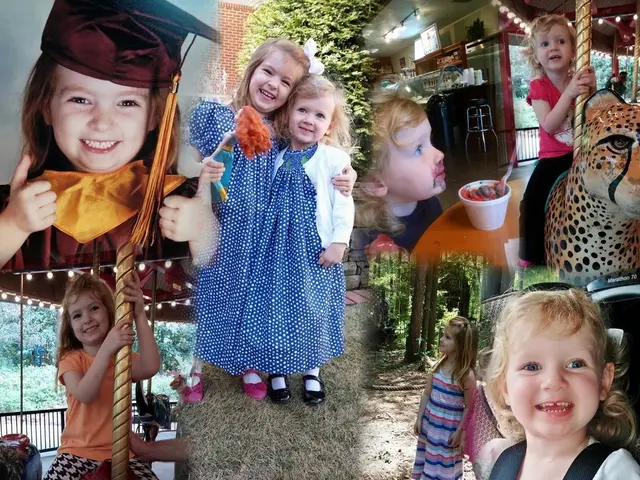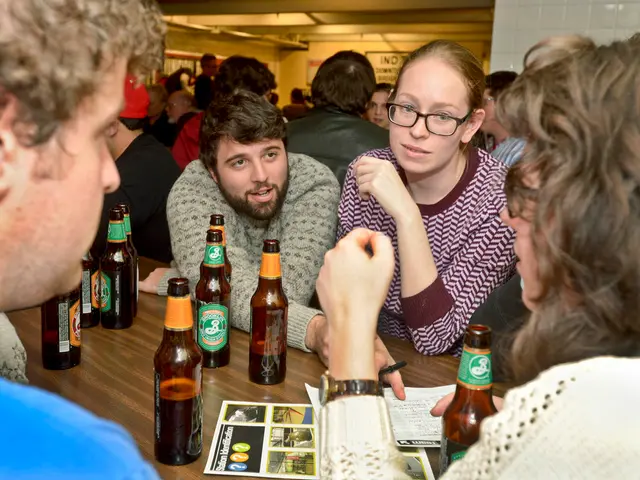Adapting to Shifts in Climate Environment
In the semi-arid Kajiado County of Kenya, Esther, a Maasai woman, has found a new lease on life thanks to a transition from traditional pastoralism to farming, supported by Welthungerhilfe, the National Integrated Agricultural Programme (NIA), and the Kenyan government.
Climate change has been taking a toll on the region, with longer and more intense droughts becoming the norm. These conditions made it increasingly difficult for Esther and her fellow nomads to find the grass and water their animals needed, leading to the loss of cows, goats, and sheep.
However, with the help of Welthungerhilfe and its partners, Esther and other Maasai have been able to adapt. They have learned to cultivate nutritious feed, conserve it, and use it during droughts, transforming their herds into sources of daily milk and reducing their vulnerability to climate shocks.
The success of this transition is evident in Esther's life. She now owns a plot of land for harvesting hay, which she sells excess of to generate income. The hay stored in the community barn, built with Welthungerhilfe's support, is used to feed her herd during droughts, ensuring their survival even in the harshest conditions.
The government of Kenya has also played a crucial role in this transformation, allocating land to nomad families to establish permanent homes and farms. This change has not only improved the food security of these families but also provided them with a steady income source.
Welthungerhilfe has further supported the community by conducting educational sessions on hygiene, marketing and business management, animal health, and saving rainwater. These initiatives have equipped the Maasai with the knowledge and skills needed to thrive in their new farming ventures.
Esther's transformation is a testament to the resilience of the Maasai people in the face of adversity. She spends her days tending to her farm instead of constantly moving in the semi-desert, and the income from selling hay has allowed her to send her children to school.
As climate change continues to pose challenges for pastoralist communities like the Maasai, initiatives like Welthungerhilfe's adaptation program are crucial in helping them build resilience and secure a sustainable future.
[1] Sources: Welthungerhilfe, National Integrated Agricultural Programme (NIA), and the government of Kenya.
- In the realm of environmental science, Welthungerhilfe's adaptation program for Kajiado County's Maasai community has proven pivotal, offering education and self-development opportunities in agricultural practices, animal health, and water conservation, thereby fostering personal growth and resilience against climate change.
- Amidst the ongoing challenge of climate change and its impact on the environment, Esther's journey from traditional pastoralism to farming — encouraged by Welthungerhilfe, NIA, and the Kenyan government — serves as an exemplary case study in self-development and sustainability, demonstrating that science-driven education can play a significant role in combating climate change, and promoting long-term growth for these communities.








